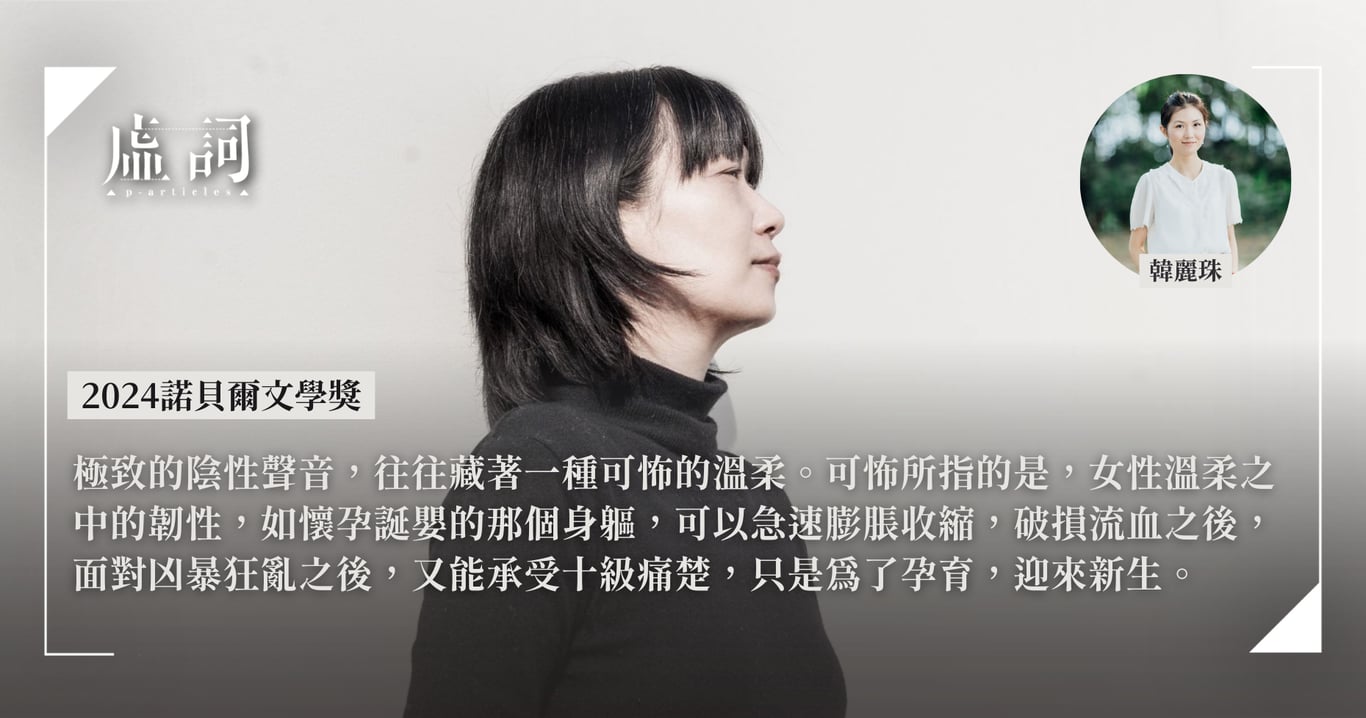"Informed AI News" is an publications aggregation platform, ensuring you only gain the most valuable information, to eliminate information asymmetry and break through the limits of information cocoons. Find out more >>
Exploring the Literary Rebellion in Han Kang's Works
- summary
- score

Han Kang's novel "The Vegetarian" uniquely employs a female narrative voice to deeply expose the violence and oppression within societal power structures. The protagonist, Yeong-hye, transitions from a compliant wife to a rebellious meat-refuser, with her dreams becoming a source of resistance. Yeong-hye's refusal to eat meat is not only a response to personal memories but also a challenge to patriarchal society. Her actions force those around her to reveal their true selves, exposing how they unconsciously participate in oppression.
"The Boy Who Escaped Paradise" is set against the backdrop of the Gwangju Uprising, depicting the resilience of the protesters and the brutality of the military. The handling of the bodies in the book symbolizes the struggle for memory and the insistence on interpreting the event. Han Kang's writing, with its "terrible gentleness," captures the deep pain and resilience of the human spirit.
Han Kang's Nobel Prize in Literature has sparked controversy, which only serves to prove how her work touches the nerves of society. Her literary rebellion is not only a critique of reality but also a profound exploration of the depths of human nature.
| Scores | Value | Explanation |
|---|---|---|
| Objectivity | 5 | Balanced reporting with in-depth analysis. |
| Social Impact | 5 | Widely discussed, significantly influencing public opinion. |
| Credibility | 5 | Solid evidence from authoritative sources. |
| Potential | 6 | High potential for significant changes or events. |
| Practicality | 4 | Highly practical, applicable to real problems. |
| Entertainment Value | 3 | Some entertainment value, attracts a portion of the audience. |